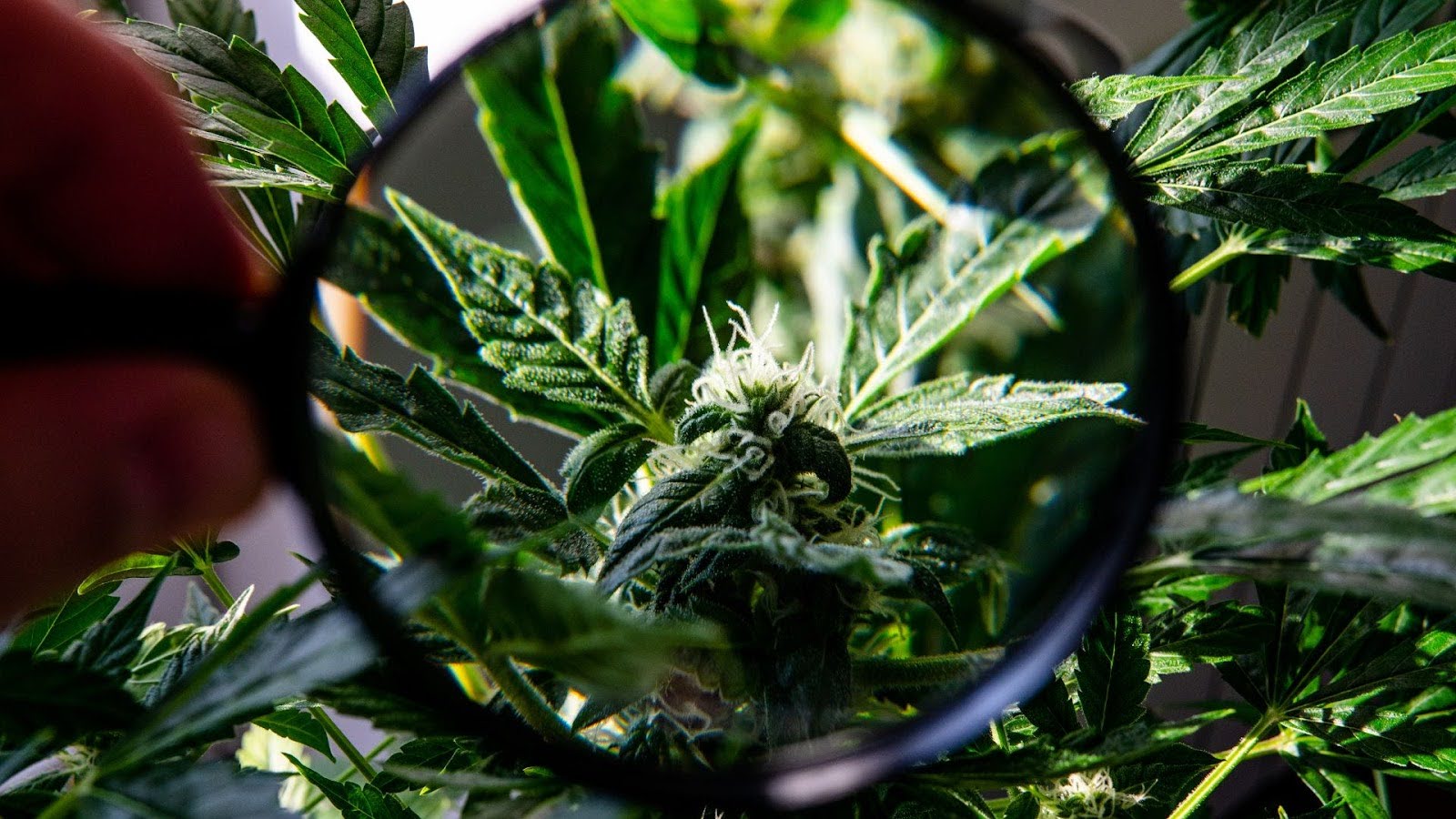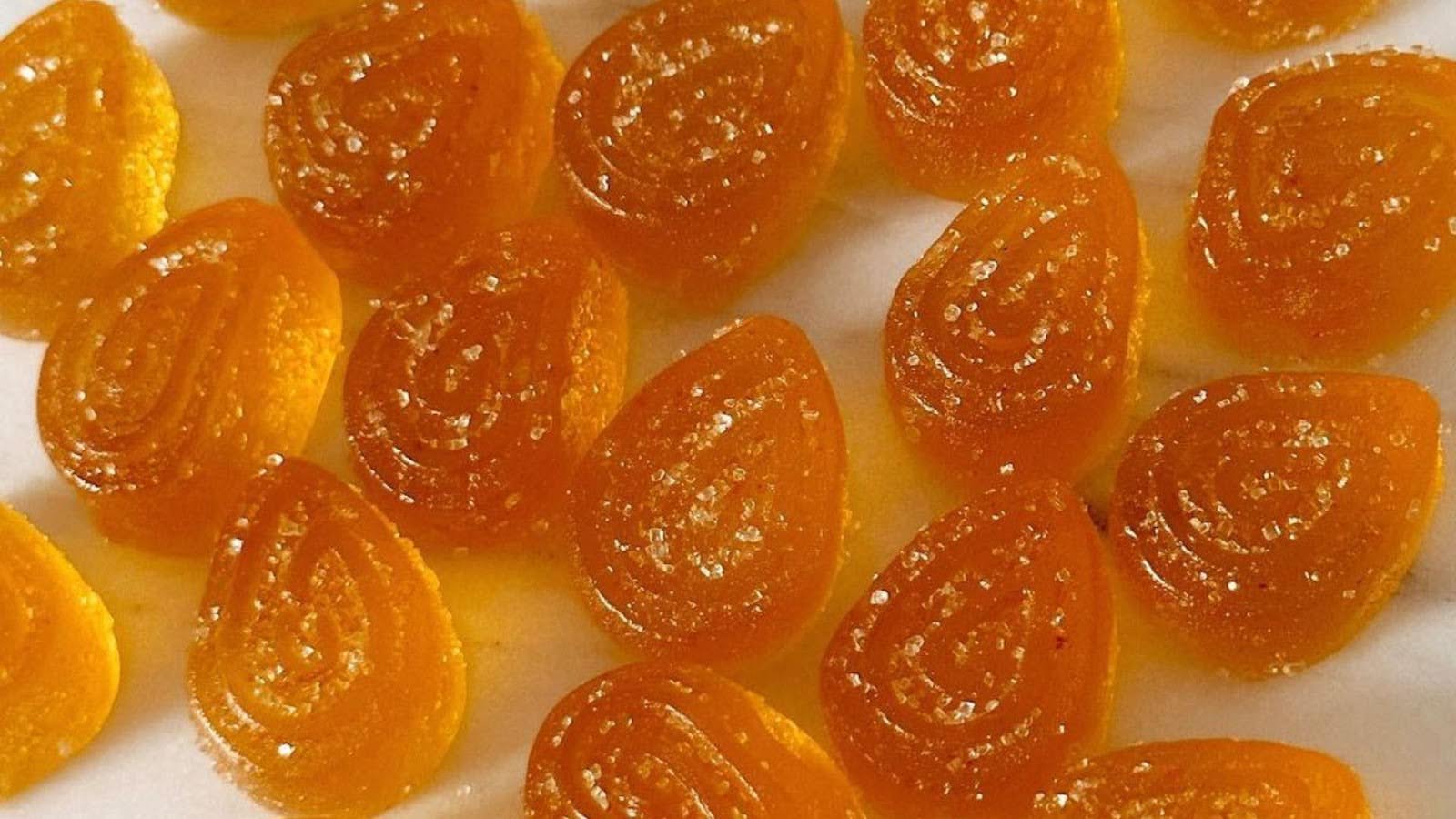Key Takeaways:
- Milder Psychoactive Effects: THCB shares psychoactive properties with THC but tends to produce milder effects, making it an interesting alternative for those seeking the benefits of cannabinoids without a strong high.
- Potential Health Benefits: Preliminary research into THCB suggests potential therapeutic benefits, including pain relief, anti-inflammatory properties, and possible neuroprotective effects, warranting further investigation.
- Choosing Quality Products: When selecting THCB products, it's crucial to opt for reputable brands that offer transparency in sourcing, manufacturing, and third-party lab testing to ensure safety and efficacy.
The growing curiosity around THCB, a relatively new cannabinoid, underscores the need for clear information regarding its effects on health and wellness. As individuals increasingly seek informed options for their health routines, understanding THCB's potential advantages and applications is crucial. This article will provide detailed information on THCB, offering straightforward insights and guidance for those interested in integrating it into their wellness regimens. Elevate your health routine with Soul's premium cannabinoid products. Experience the difference now.
Elevate Your Well-Being With SoulStep into a world where wellness meets innovation. Soul brings you top-tier, research-supported cannabinoid products designed to enrich your health and lifestyle.
|
Understanding THCB
THCB stands for Tetrahydrocannabutol, a compound found in cannabis that shares similarities with THC. Unlike THC, THCB's interaction with the body's cannabinoid receptors might offer unique effects due to its distinct molecular structure. It's an area of growing interest in cannabinoid research, focusing on its potential impacts on health and wellness. Although research is in its infancy, early studies suggest THCB could offer a range of effects, possibly including therapeutic benefits. Understanding THCB is crucial for those interested in the expanding landscape of cannabinoids.

How Does THCB Work In The Body?
THCB interacts with the body's endocannabinoid system by binding to cannabinoid receptors, similar to THC. Its unique structure might alter how these interactions occur, potentially leading to different effects. The endocannabinoid system, which THCB affects, is involved in regulating various bodily functions, including mood, appetite, and pain sensation. Understanding THCB's interaction with this system is key to exploring its potential health benefits. This knowledge is foundational for those considering THCB as part of their wellness routine.
Potential Benefits Of THCB
Therapeutic Uses
Researchers are exploring THCB for its possible therapeutic applications, particularly in pain management. Preliminary findings suggest it may offer anti-inflammatory benefits, making it a candidate for treating conditions like arthritis. There's also interest in its potential to improve sleep quality and reduce anxiety, though more research is needed. THCB's interaction with the endocannabinoid system could unlock new therapeutic pathways. Its potential for fewer side effects compared to THC makes it an area of keen research interest.
Wellness And Lifestyle Enhancements
THCB may contribute to wellness by enhancing mood and providing relaxation without a strong psychoactive effect. This makes it appealing for those seeking stress relief without the intensity associated with THC. Its possible antioxidant properties could support overall health, adding to its wellness benefits. As research progresses, THCB might become a favored option for those looking to enhance their daily wellness practices. It offers a way to integrate cannabinoid benefits subtly into one's lifestyle.
Neuroprotective Properties
THCB is being studied for its potential neuroprotective effects, which could be significant for brain health. Its ability to protect neural cells suggests it might be useful in combating age-related cognitive decline and neurodegenerative diseases. The prospect of THCB as a neuroprotectant adds an exciting dimension to its potential applications. Ongoing research into these properties is crucial for understanding THCB's full therapeutic potential.
Common Forms And How To Use THCB
Oils And Tinctures
THCB oils and tinctures provide a convenient way to consume the cannabinoid, allowing for precise dosing. They can be used sublingually for quick absorption, making them suitable for those seeking immediate effects. This form is popular due to its ease of use and the ability to incorporate it into daily routines. Oils and tinctures are ideal for those new to THCB, offering a straightforward introduction to its use.
Edibles
THCB-infused edibles offer a discreet and enjoyable consumption method. They provide a fixed dose, ensuring controlled intake, which is particularly beneficial for newcomers. The delayed onset of effects with edibles allows for a sustained experience, suitable for those seeking longer-lasting benefits. Edibles range from gummies to baked goods, catering to various preferences. Soul's carefully crafted cannabinoid products are your key to enhanced well-being. Discover how we can support your wellness goals.

Vapes And Inhalables
Vaping or smoking THCB products delivers rapid effects, appealing to users desiring quick relief. This method allows for fast absorption through the lungs, providing an immediate response. However, users should be mindful of the potential respiratory risks associated with inhalation. Choosing high-quality vape products is essential to minimize health concerns.
Comparing THCB With Other Cannabinoids
THCB vs. THC
THCB and THC share psychoactive properties, but THCB's effects are thought to be milder. This could make THCB a more appealing option for those wanting the benefits of cannabinoids without a strong high. Understanding the differences between THCB and THC is important for making informed choices about cannabinoid use.
THCB vs. CBD
CBD is non-psychoactive and widely used for its health benefits. In contrast, THCB does produce psychoactive effects, though potentially less intense than THC. Choosing between THCB and CBD depends on individual preferences, especially concerning psychoactivity.
THCB vs. Other Minor Cannabinoids
THCB is one of many minor cannabinoids, each offering unique benefits. Comparing THCB to these cannabinoids helps clarify its specific advantages and potential uses. As research expands, the distinct roles of these compounds in wellness and therapy will become clearer.
How To Choose Quality THCB Products?
Identifying Reputable Brands And Sources
Choosing quality THCB products begins with selecting reputable brands. Look for transparency in sourcing, manufacturing, and third-party testing to ensure product safety and efficacy. Reputable brands are likely to provide high-quality, consistent products.
What To Look For In Lab Tests And Product Labels?
Lab tests and labels are crucial for verifying a product's purity and potency. They should confirm the absence of contaminants and the accuracy of THCB content. Reading these details carefully helps ensure you're getting a safe, effective product.
Understanding The Spectrum: Full, Broad, And Isolate
THCB products are available as full-spectrum, broad-spectrum, or isolates. Full-spectrum products offer a range of cannabinoids for a potential entourage effect, while broad-spectrum options exclude THC. Isolates contain only THCB, suitable for those seeking its specific benefits. Knowing the differences can guide you to the product that best meets your needs.
The Future Of THCB In Wellness
Ongoing Research
The future of THCB in wellness is promising, with continuous research shedding light on its potential. As studies progress, our understanding of THCB's benefits and applications will grow, potentially leading to new therapeutic and wellness solutions.
Emerging Trends And Potential Applications
Interest in THCB is driving innovation in wellness products, from supplements to lifestyle aids. These developments reflect a growing demand for natural, holistic wellness options. THCB's role in future wellness trends appears to be expanding, fueled by ongoing research and consumer interest.
Potential For Personalized Wellness Solutions
The unique properties of THCB might allow for personalized wellness approaches. Tailoring products to individual needs could enhance their effectiveness, marking a significant advancement in cannabinoid-based wellness. This personalized strategy could transform how cannabinoids are integrated into health regimes.
Final Thoughts On THCB
THCB is an intriguing component of the cannabinoid family, offering potential benefits that merit further exploration. Its interaction with the endocannabinoid system suggests a range of possible health and wellness applications. As research continues, the understanding of THCB and its role in wellness will deepen, highlighting its value in the cannabinoid spectrum. Experience the benefits of cannabinoids with Soul. Let us be your partner in health and wellness.
Read Also:
- CBG: The Cannabinoid With Surprising Benefits
- The Emergence Of HHC In Cannabis Culture And Its Effects
- THC Vs. THCA: Understanding The Effects And Potency Of Cannabis Compounds
Frequently Asked Questions About THCB
Is THCB legal to use?
The legality of THCB varies by region, similar to other cannabinoids. It's important to check local laws regarding cannabinoid use to ensure compliance.
Can THCB cause a "high" like THC?
THCB has psychoactive properties, but its effects are generally considered milder than THC. Users may experience some level of psychoactivity but less intense than with THC.
How long does it take to feel the effects of THCB?
The onset time for THCB effects depends on the consumption method. Inhalation offers rapid effects, while edibles may take longer to manifest but last longer.
Is THCB safe to use with other medications?
As with any supplement or cannabinoid, it's advisable to consult a healthcare professional before combining THCB with other medications to avoid potential interactions.
Can THCB help with anxiety and stress?
Preliminary evidence suggests THCB may have potential benefits for anxiety and stress relief, but more research is needed to fully understand its effectiveness.
Are there any side effects of using THCB?
Like any active compound, THCB may have side effects, which can vary among individuals. Common side effects are generally mild and may include dry mouth and dizziness.
How do I choose the right THCB product for me?
Selecting the right THCB product involves considering the form (oil, edible, inhalable), and potency, and ensuring it comes from a reputable source with transparent lab testing.
Can THCB be used for pain relief?
Early studies and anecdotal evidence suggest THCB could have pain-relieving properties, but more research is necessary to confirm its efficacy and optimal dosage.
Does THCB have any anti-inflammatory properties?
THCB is being investigated for its potential anti-inflammatory effects, which could make it useful for conditions like arthritis, though conclusive evidence is still pending.
How does THCB interact with the endocannabinoid system?
THCB interacts with the body's endocannabinoid system by binding to cannabinoid receptors, potentially influencing various bodily functions, including pain perception and mood regulation.
Sources:
- Monti, M. C., Frei, P., Weber, S., Scheurer, E., & Mercer-Chalmers-Bender, K. (2022). Beyond Δ9-tetrahydrocannabinol and cannabidiol: chemical differentiation of cannabis varieties applying targeted and untargeted analysis. Analytical and Bioanalytical Chemistry, 414(13), 3847–3862. https://doi.org/10.1007/s00216-022-04026-2
- Prandi, C., Blangetti, M., Namdar, D., & Koltai, H. (2018). Structure-Activity Relationship of Cannabis Derived Compounds for the Treatment of Neuronal Activity-Related Diseases. Molecules, 23(7), 1526. https://doi.org/10.3390/molecules23071526
- Oultram, J. M. J., Pegler, J. L., Bowser, T. A., Ney, L. J., Eamens, A. L., & Grof, C. P. L. (2021). Cannabis sativa: Interdisciplinary Strategies and Avenues for Medical and Commercial Progression Outside of CBD and THC. Biomedicines, 9(3). https://doi.org/10.3390/biomedicines9030234




